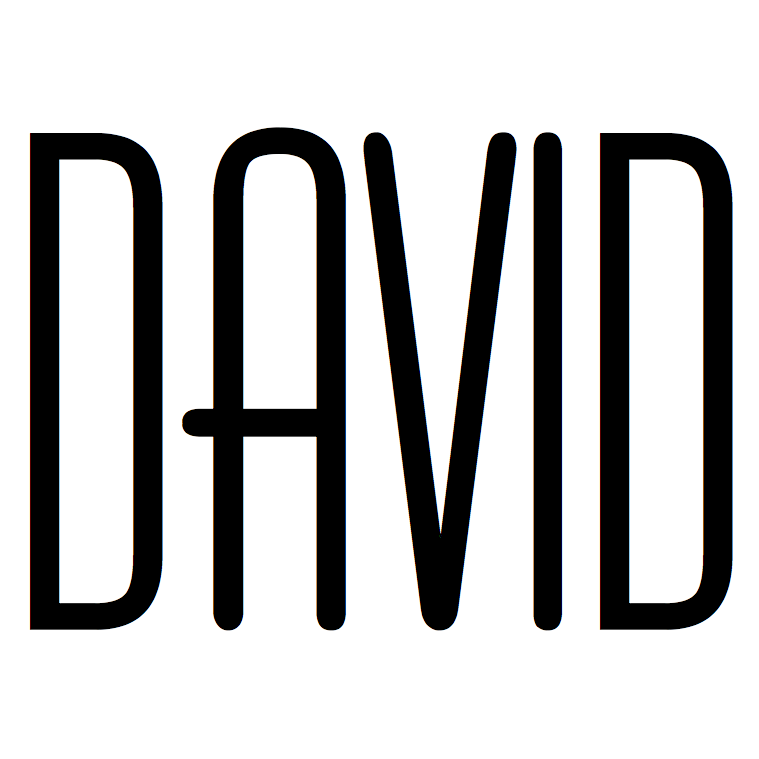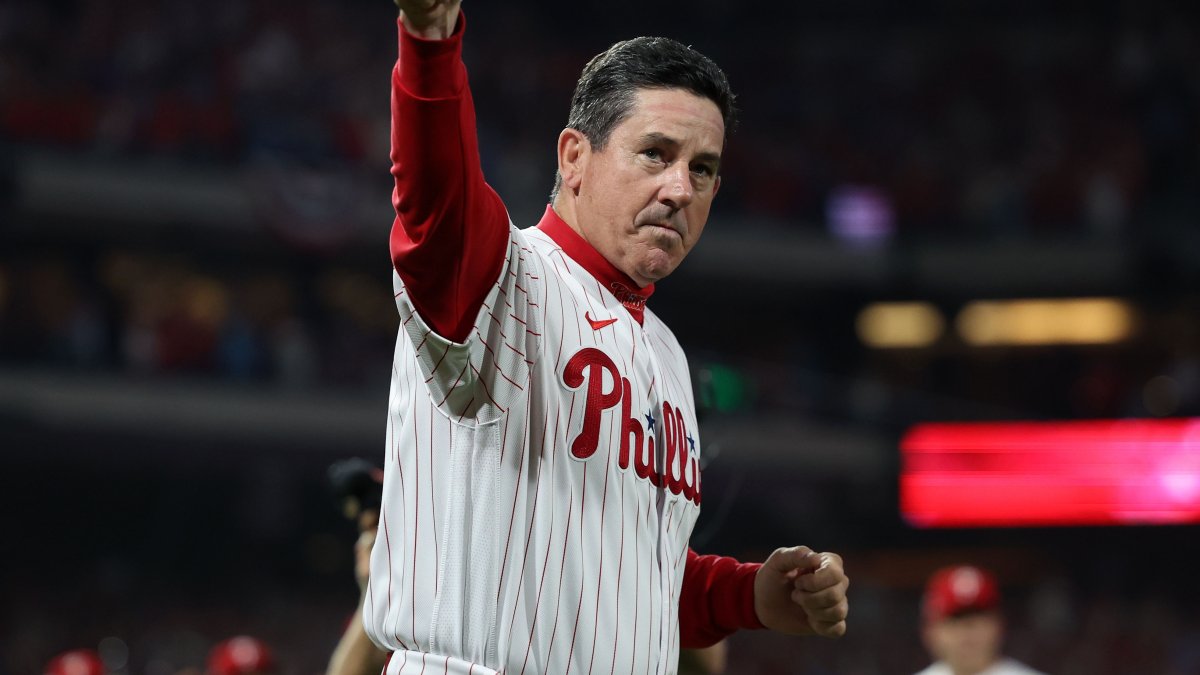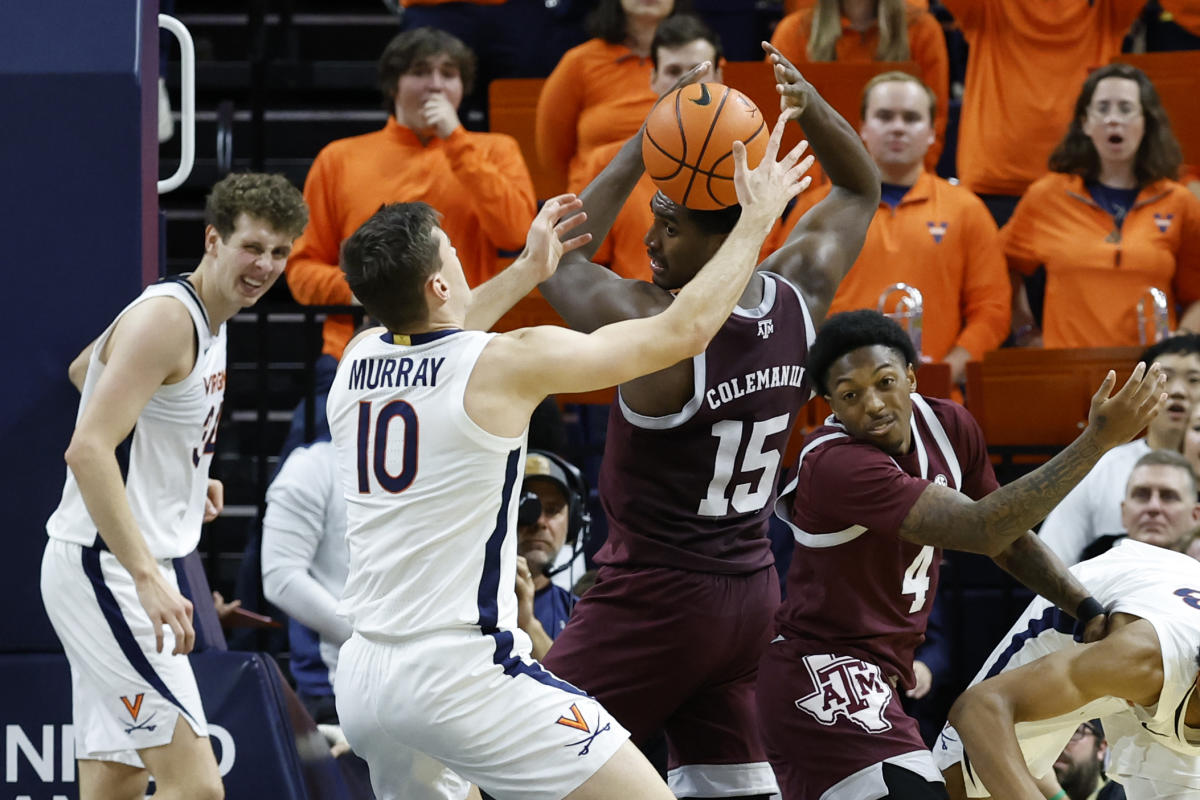After two decades of struggling in the National League, the Chicago Cubs made a significant move by hiring Leo Durocher as their manager in October of 1965. Durocher quickly established himself as the manager and set out to overhaul the team. Back then, the field manager had a lot of influence on player acquisitions and trades. In the previous article, we discussed the Cubs’ acquisition of Randy Hundley and Bill Hands from the Giants in December of 1965. But their dealing didn’t stop there.
On January 10th, the Cubs acquired Wes Covington from the Phillies in exchange for Doug Clemens. Although Clemens was acquired in the Lou Brock deal in 1964, he failed to make a significant impact for the Cubs. Similarly, Covington, who had been a productive player for the Phillies from 1963-1965, only played in nine games for the Cubs before being released on May 11th. This was a common trend during the early Durocher era – if Durocher didn’t like you, you were gone.
Another trade took place on March 30th, when the Cubs acquired Carl Warwick from the Orioles for Vic Roznovsky. Roznovsky had served as a decent backup catcher for the Cubs for a couple of years, while Warwick had impressed with his performances for Houston and Baltimore in 1962 and 1963. Unfortunately, Warwick’s career was on the decline, and he only played in 16 games for the Cubs before moving to their minor league system in 1966. He retired soon after.
On April 21st, a significant trade occurred, as the Cubs acquired Fergie Jenkins, Adolfo Phillips, and John Herrnstein from the Phillies for Bob Buhl and Larry Jackson. This trade was reminiscent of the deals the Cubs used to make in the other direction during the 1950s and 1960s – acquiring veteran players past their prime for promising prospects. Fergie Jenkins requires no introduction. He had a magnificent career with the Cubs, earning a spot in the Hall of Fame and remaining a beloved figure at Wrigley Field. Adolfo Phillips had a promising start but suffered due to Durocher’s influence. Despite this, he had impressive seasons in 1966 and 1967, with the latter including a memorable doubleheader against the Mets in which he hit four home runs. Phillips’ performance declined in 1968, which was known as the “Year of the Pitcher,” and he struggled at the beginning of the 1969 season, leading to his trade to the Expos for Paul Popovich. Although Popovich was a valuable player, an unhampered Phillips would have been an even better addition to the team. Overall, Jenkins and Phillips, along with Herrnstein, provided an impressive 60.5 bWAR for the Cubs from 1966-1973. In contrast, Buhl and Jackson combined for 10.8 bWAR with the Phillies. This trade was undoubtedly a tremendous success for the Cubs.
Further into the season, on April 28th, the Cubs acquired Billy Cowan from the Braves in exchange for Bobby Cox. Yes, it is the same Bobby Cox who later managed the Braves to numerous playoff appearances. Cox, who had been selected by the Cubs from the Dodgers in a minor league draft in 1964, spent a couple of years in their system before playing for the Yankees and beginning his coaching/managing career. However, Cowan, who had been previously traded to the Mets for George Altman in January of 1965, never played for the Cubs after this second acquisition.
A mistake was made on May 28th when the Cubs traded Ted Abernathy to the Braves for Lee Thomas. Abernathy had experienced tremendous success for the Cubs in 1965, setting a franchise record with 84 appearances and 31 saves. However, Durocher didn’t seem to favor Abernathy and utilized him sparingly. Abernathy continued to perform well for the Braves before being traded to the Reds, where he became one of the top relievers in the league in 1967. On the other hand, Thomas served as a spare-part outfielder/first baseman for the Cubs in 1966 and 1967, but his numbers were underwhelming. The Cubs eventually traded him to the Astros in 1968 for two minor league players who never reached the majors.
Another trade with the Braves followed on May 29th, as the Cubs acquired Arnold Earley and Marty Keough in exchange for John Herrnstein. Herrnstein was acquired in the Jenkins deal but played in only nine games for the Cubs. His playing time in Atlanta was also limited, and they eventually traded him to the Red Sox, after which he retired. Keough played 33 games for the Cubs with minimal impact and was released after the season. His son, Matt Keough, had a successful career with the A’s in the early 1980s and briefly pitched for the Cubs in 1986. As for Earley, he appeared in 13 games for the Cubs in 1966 before being traded to the Red Sox the following year.
On June 22nd, the Cubs acquired Norm Gigon from the Phillies in exchange for Billy Cowan. Gigon was already 28 years old and didn’t possess much potential when the Cubs acquired him. He played in 34 games for the team in 1967, with underwhelming batting statistics. After that season, he left professional baseball and became the baseball coach at Lafayette College, where he had a significant impact on the Cubs indirectly. One of his players there was Joe Maddon, who would later go on to manage the Cubs to a World Series victory in 2016. Sadly, Gigon passed away in April 2013 at the age of 74.
Finally, on December 7th, the Cubs acquired Ray Culp from the Phillies for Dick Ellsworth. Ellsworth, who had shown promise in 1963, struggled in subsequent years and had a woeful 1966 season, allowing a staggering 321 hits and suffering 22 losses. Meanwhile, Culp, who was just 25 years old at the time of the trade, had a decent season for the Cubs in 1967 but was traded to the Red Sox afterward, where he enjoyed several successful years and even became an A.L. All-Star in 1969. Considering the minor failures and the decision to trade Culp, this trade is given a B grade, although it would have been an A without those mishaps.
In conclusion, the Cubs made various trades during the Durocher era, some of which turned out to be highly successful, while others were less fruitful or even regrettable. Despite the ups and downs, these transactions played a significant role in shaping the team during this period.

David Rodriguez brings the excitement of Major League Baseball to readers. With a deep appreciation for America’s pastime, he covers the latest MLB news, scores, and player achievements, keeping fans up to date with their favorite teams and players.

:no_upscale()/cdn.vox-cdn.com/uploads/chorus_image/image/72803700/81801773.0.jpg)


:no_upscale()/cdn.vox-cdn.com/uploads/chorus_image/image/72931262/usa_today_21973134.0.jpg)


